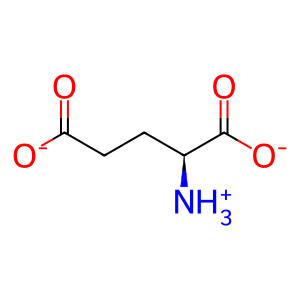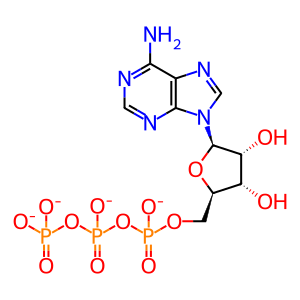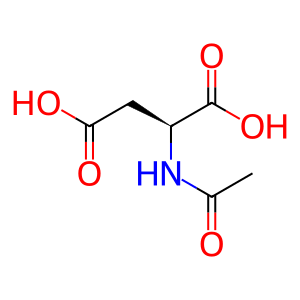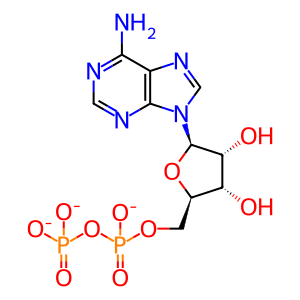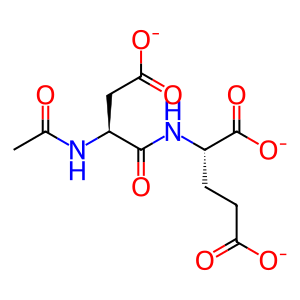Reaction: N-acetylaspartylglutamate synthase A ligates NAA, L-Glu forming NAAG
- in pathway: Glutamate and glutamine metabolism
N-Acetylaspartylglutamate (NAAG) is found at high concentrations in the vertebrate nervous system. It is an agonist of group II metabotropic glutamate receptors. A number of other functions have been proposed for NAAG, including a role as a non-excitotoxic transport form of glutamate and a molecular water pump (Lodder-Gadaczek et al. 2011, Neale et al. 2011).
NAAG is synthesized by N-acetylaspartylglutamate synthase A (RIMKLA, NAAG synthetase A) and Beta-citrylglutamate synthase B (RIMKLB, NAAG synthetase B), which more efficiently catalyzes the synthesis of beta-citryl-L-glutamate (Collard et al. 2010, Lodder-Gadaczek et al. 2011).
Reaction - small molecule participants:
ADP [cytosol]
NAAG [cytosol]
L-Glu [cytosol]
ATP [cytosol]
NAA [cytosol]
Reactome.org reaction link: R-HSA-8942575
======
Reaction input - small molecules:
L-glutamate(1-)
ATP(4-)
N-acetyl-L-aspartic acid
Reaction output - small molecules:
ADP(3-)
Ac-Asp-Glu(3-)
Reactome.org link: R-HSA-8942575

